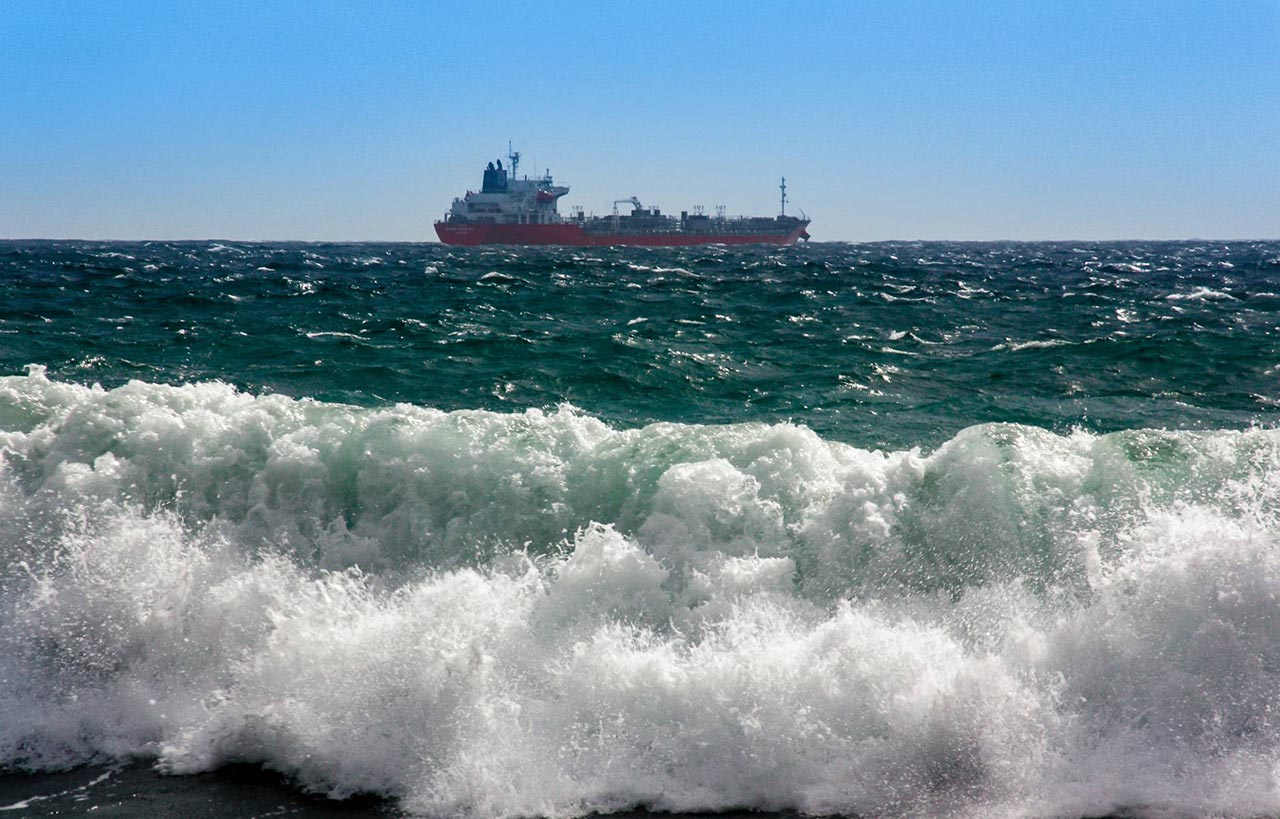
New government figures show that the GHG emissions from Australia’s exported fossil fuels have increased 4.4% between 2018 to 2019 (OCE, 2020).
Not only is Australia a laggard in meeting its UN Paris emission reduction targets, it is now the world’s largest exporter of coal and gas (LNG). In fact, the emissions from Australia’s exported fossil fuels are now greater than Germany’s domestic emissions (Hein, Peter & Graichen, 2020).
Despite Federal Government claims that our national emissions have only a minimal impact on the global climate, Australia is, in fact, a major contributor to global climate change. The massive emissions that result from our fossil fuel exports are not counted in Australia’s national carbon budget under our UN climate obligations, nor do we take responsibility for the impact these emissions are having globally.
This is a situation that has to change if we are going to take serious action to halt climate change, not just for Australia but for all fossil fuel exporting nations. Even large fossil fuel companies or ‘carbon majors’– on the surface at least – are now counting their ‘exported’ or ‘scope 3’ emissions in their greenhouse gas mitigation plans.
What underpins this lack of concern with the harms our fossil fuel exports cause is an outdated ‘territorial’ model of responsibility. Australian governments, both federal and state, seem to think that responsibility stops at our border.
The sheer size of Australia’s contribution to climate change as well as the responsibility entailed by being a supplier and promoter of fossil fuels ought to be addressed within Australia. Yet
If the domestic response is lacking, then pressure ought to be brought to countries like Australia to change the way it supports its export fossil fuel industry. Three measures in particular are called for that focus on constraining the supply of fossil fuels not just the domestic demand.
The next round of climate negotiations in 2021 ought to include a discussion of how to constrain the supply of fossil fuels. As the UN Production Gap report highlights, if Governments follow through with their fossil fuel production plans, they will produce about 50% more fossil fuels by 2030 than would be ‘consistent with a 2°C pathway and 120% more than would be consistent with a 1.5°C pathway’ (SEI et al., 2019).
This enormous overshoot of fossil fuel production indicates why supply – not just demand – ought to be the target of climate action.
A first step, therefore, in limiting the emissions from fossil fuels is to stop the growth of production. Countries with fossil fuel resources, especially wealthy countries such as Australia, ought to be required to sign up to a fossil fuel non-proliferation treaty as part of their emissions reduction commitments. No more new mines and gas fields.
Second, removing the enormous subsidies that fossil fuels receive from Australian governments. Recent figures from the International Monetary Fund (IMF) (Coady, et al., 2019) show that Australia already provides US$29 billion – A$47 billion – per annum for fossil fuels.
These subsidies include measures such as subsidising the costs of fuels used to extract resources, accelerated depreciation for assets, and post-tax subsidies such as not paying clean-up and health costs.
Shockingly, every Australian is paying A$1,832 per year for these subsidies compared to the one-off payment of around A$78 for bushfire relief.
Estimates by other organisations of the annual federal subsidies for the fossil fuel industry range from A$5 billion to A$12 billion a year (Market Forces, 2020).
The rapid phase out of these kinds of subsidies ought to be a key feature of future international climate agreements.
According to the International Energy Agency, at least two thirds of the known reserves of fossil fuels must be left in the ground if climate targets are to be met (IEA, 2012). Production of fossil fuels must therefore be phased out rapidly. Countries such as Australia should not get a free pass to produce and export as much fossil fuels as they are able to.
Given how wealthy Australia is and how much it has already contributed to climate change, it ought to make deeper and faster cuts to fossil fuel production than countries less able to bear the burden of a climate transition.
The next round of climate negotiations ought to focus on a ‘fair phase outs’ of fossil fuels.

